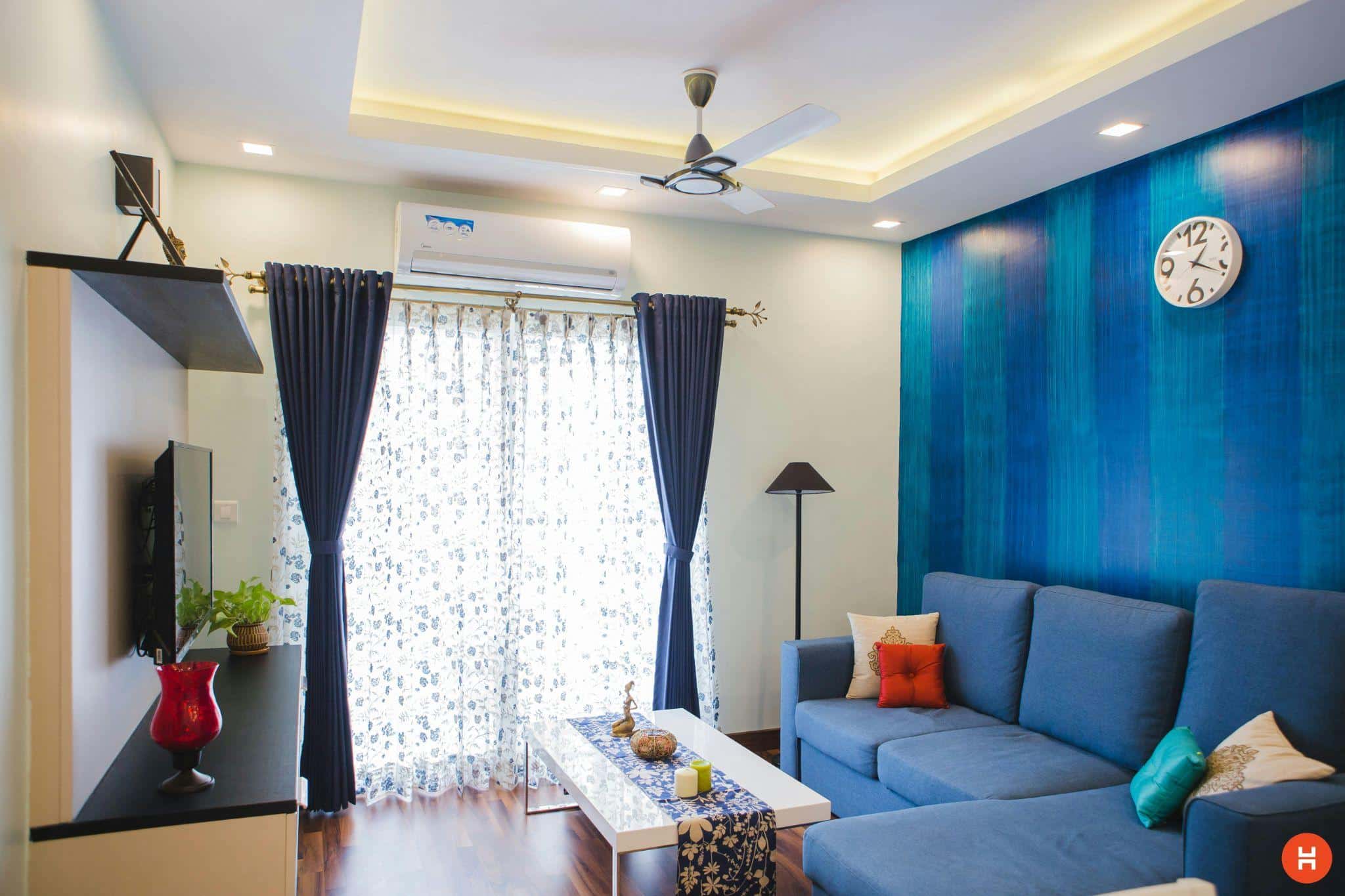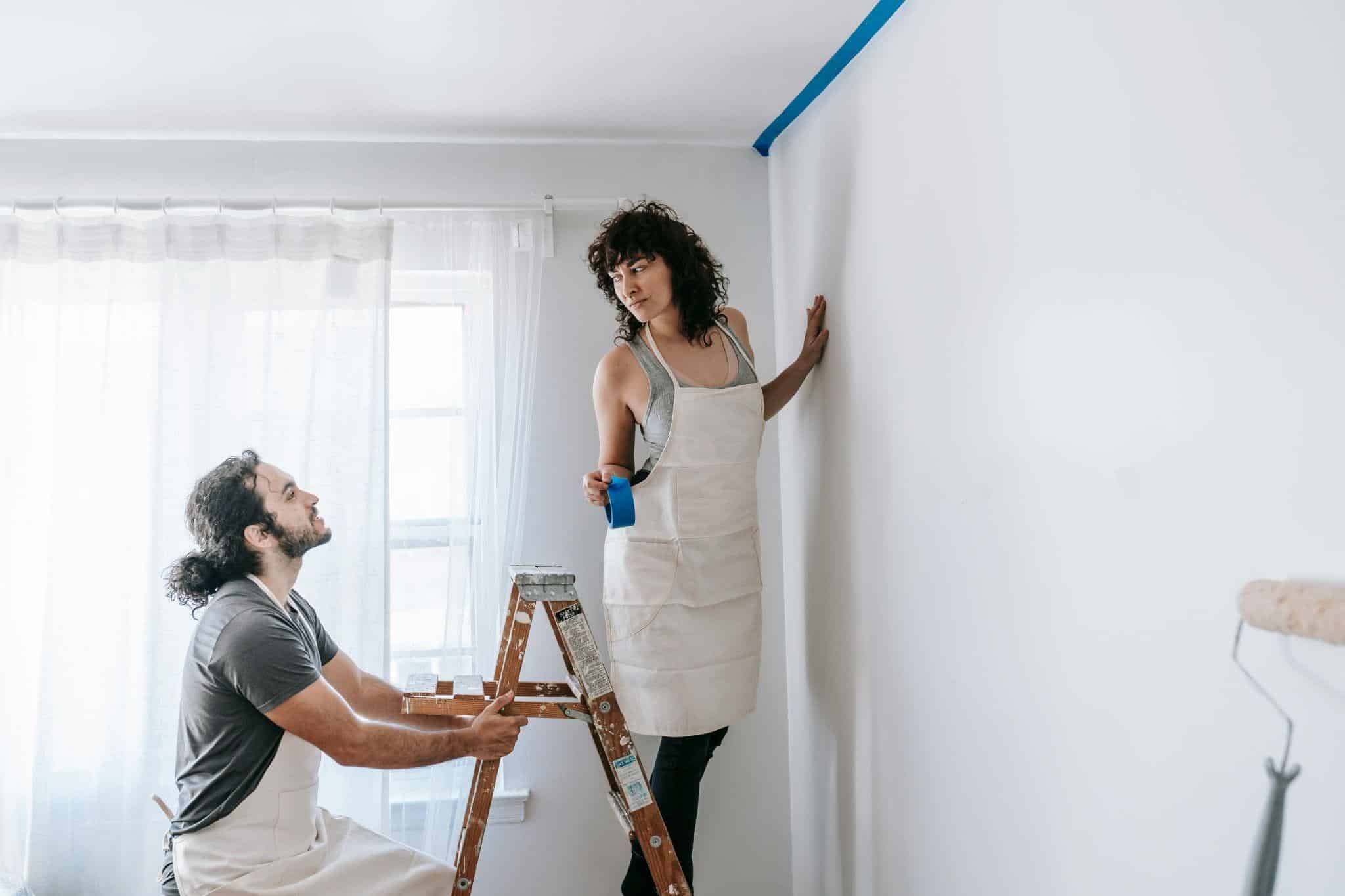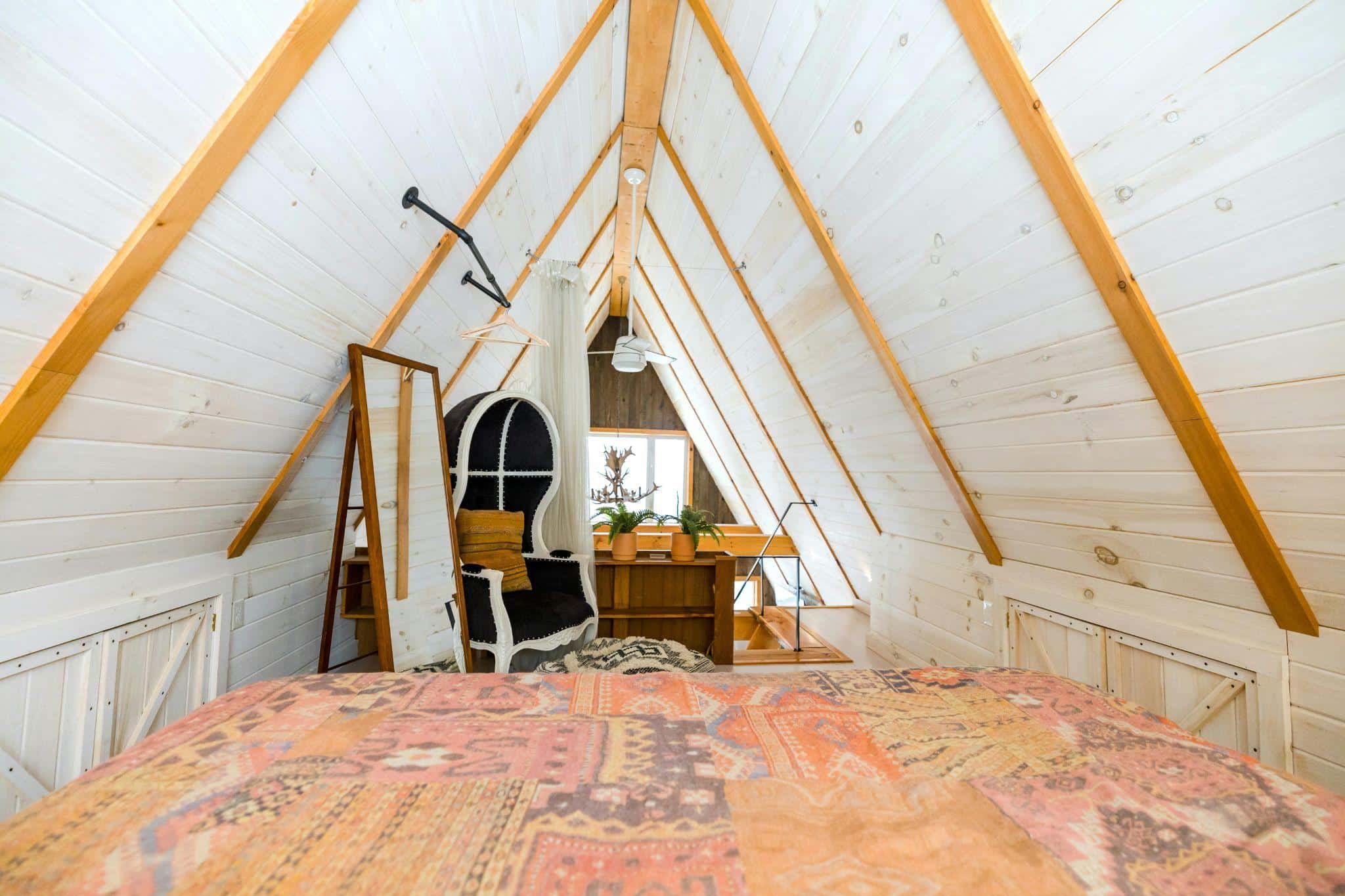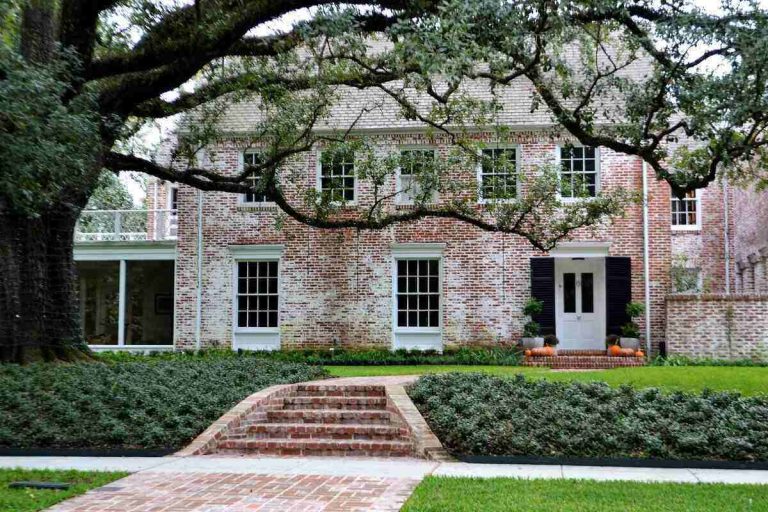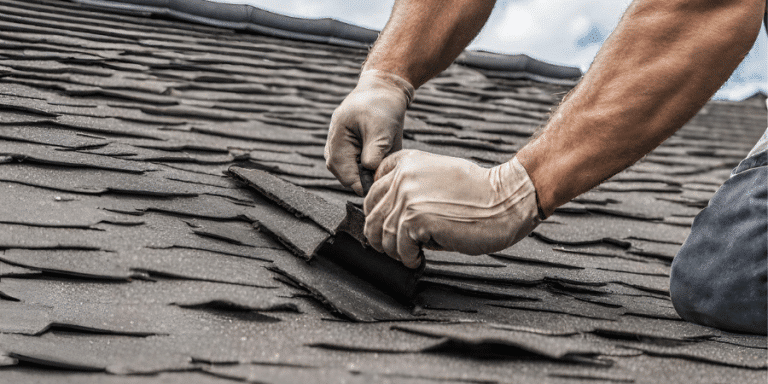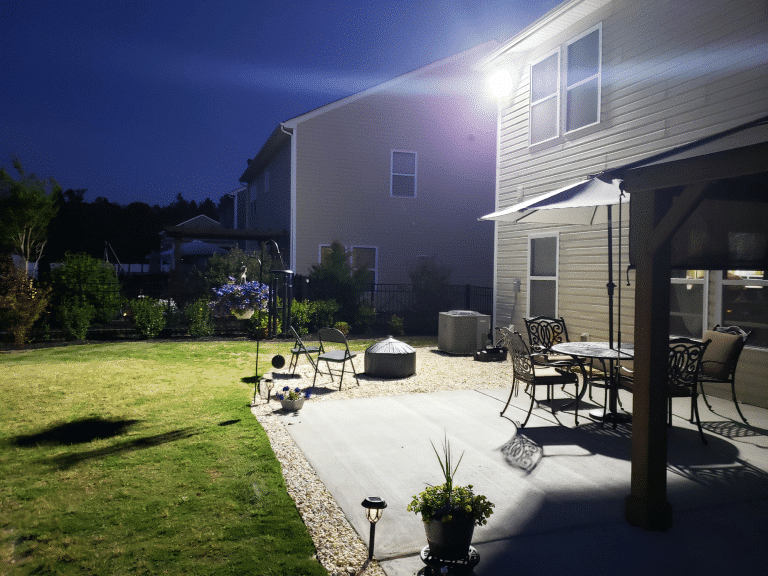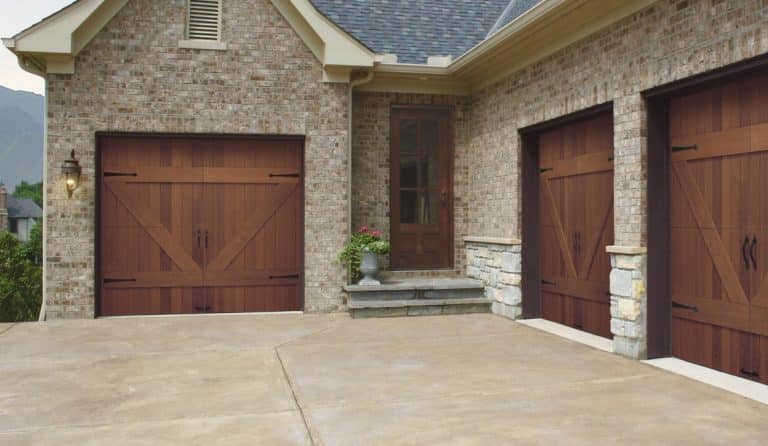Home renovation can be an exciting yet daunting task for beginners. However, there are several simple projects that can significantly transform your space without requiring expert skills or a hefty budget.
Here are some ideas to get you started:
Painting
A fresh coat of paint can dramatically change the look and feel of a room. Whether you opt for a bold, trendy color or a subtle, classic shade, painting is a straightforward and cost-effective renovation project suitable for beginners.
Updating Fixtures
Replacing outdated light fixtures, faucets, door handles, and cabinet knobs can modernize your home and enhance its aesthetic appeal. This project is relatively easy and can often be completed with basic tools.
Installing Shelves
Adding shelves is a practical way to increase storage space and reduce clutter. Floating shelves are particularly popular and can be used to display books, plants, photos, and other decorative items.
Landscaping
Improving your home’s exterior can be as simple as planting flowers and trimming hedges, or as complicated as using pond sealant for an outdoor water feature. These projects not only enhance curb appeal but also provide an opportunity to engage in outdoor physical activity.
Refreshing the Bathroom
Simple updates like re-grouting tiles, replacing the shower curtain, or installing a new toilet seat can make your bathroom feel like new. You might also consider painting the vanity or adding stylish storage solutions.
Creating a Feature Wall
A feature or accent wall can add a focal point and a splash of creativity to any room. This could involve painting one wall a different color, installing wallpaper, or creating a gallery wall of framed photos or artwork.
The key to successful home renovation is planning. Before you start, make sure you have the necessary tools and materials. With a bit of patience and effort, you can transform your home, one project at a time.
Setting A Budget
When planning a home renovation project, budgeting is a crucial step. The budget you set will largely depend on the scope of your project, the materials you choose, and the professionals you hire.
Here are some factors to consider when setting your budget:
Scope of the Project
The size and complexity of your project will significantly impact your budget. For instance, a full kitchen remodel will cost more than simply repainting a room. Consider what you want to achieve with your renovation and plan your budget accordingly.
Materials
The materials you choose can also greatly affect your budget. High-end materials like granite countertops or hardwood flooring will cost more than budget-friendly alternatives like laminate or vinyl. It’s important to balance your desire for quality with your budget constraints.
Labor Costs
If you’re hiring a construction manager or any other professionals for your renovation, labor costs will be a significant part of your budget. Rates can vary widely depending on the type of work and the experience level of the professionals. Always get multiple quotes to ensure you’re getting a fair price.
Unexpected Costs
It’s also important to set aside a portion of your budget for unexpected costs. These could include issues that arise during the renovation, such as structural problems indoors or the need for mole pest control near the garden.
Here’s a rough breakdown of how your budget might be allocated:
| Expense | Percentage of Budget |
|---|---|
| Labor | 40% |
| Materials | 35% |
| Unexpected Costs | 15% |
| Permits and Fees | 10% |
These are just estimates and your actual costs may vary. It’s always a good idea to consult with a professional to get a more accurate estimate for your specific project.
| Plan for the Long Term: While it might be tempting to opt for cheaper materials and solutions, it’s important to consider the long-term implications. Investing in high-quality, durable materials can save money in the long run as they are likely to require less maintenance and replacement. |
|---|
Increasing Property Value
Renovating your home to increase its value can be a strategic move, especially if you’re planning to sell in the future. Here are some key areas to focus on:
Kitchen Renovations
The kitchen is often considered the heart of the home. Upgrading this space can significantly increase your home’s value. Consider updating appliances to energy-efficient models, installing new countertops, or adding a fresh coat of paint.
Bathroom Upgrades
Bathrooms are another area where upgrades can pay off. Consider installing new fixtures, updating the vanity, or even adding an additional bathroom if your home only has one.
Energy-Efficient Improvements
Making your home more energy-efficient can not only save you money on utility bills but also increase your home’s value. Consider installing energy-efficient windows, adding extra insulation, or upgrading your HVAC system.
Outdoor Improvements
Curb appeal matters when it comes to home value. Landscaping improvements for added shade, a new coat of exterior paint, or a new garage door can all increase your home’s value.
Adding More Space
If your budget allows, adding more living space to your home can significantly increase its value. This could be through a home addition, finishing a basement, or converting an attic into a livable space.
It’s important to consider your local housing market and the potential return on investment (ROI) before undertaking any major renovations. Not all improvements will have the same impact on home value, and what works in one market may not work in another.
Embarking on a home renovation project can seem daunting. However, with careful planning, the right resources, and a clear understanding of your goals, you can successfully transform your house into a home.


